Prague on Kosovo in one month
The Czech Republic will not consider recognizing Kosovo Albanians' unilaterally declared independence for at least another month.
Monday, 14.04.2008.
11:49

The Czech Republic will not consider recognizing Kosovo Albanians' unilaterally declared independence for at least another month. This was confirmed last night in Prague by that country's vice premier Petr Necas. Prague on Kosovo in one month The discussion on the issue was postponed earlier this month, amid disagreement within the cabinet. "When this will be on the agenda again is primarily up to the prime minister. My estimate is that is certainly will not happen in the next month," Necas told the Czech state broadcaster. The vice premier said that the Czech position is greatly influenced by the respect of human and minority rights, rule of law, and protection of religious and cultural monuments in the province. But he added that his position on the issue is that Kosovo is a "gross mistake" of the international community. "The EU and NATO neither thought it through, nor carried it out well," Necas said of the secession proclamation. Yesterday, Czech diplomat and former UN special rapporteur for human rights Jiri Dienstbier said that "Serbs are not alone in Europe". "Serbs can rely on a high degree of solidarity, regardless of the defeatism or the indifference of most governments," Dienstbier added. He was also quoted a saying that "it is not Serbia that is in isolation, but rather Kosovo is a pseudo state". Before the recent session of the EU ministers, the chairman, Slovenia's Foreign Minister Dimitrij Rupel, said that the most important thing was to help Serbia and its European perspective, Dinstbier reminded in an interview for the Belgrade daily Vecernje Novosti, adding that other European countries also saw Serbia's European perspective as a priority, or at least as one of the important goals. "The recognition of Kosovo's pseudo-independence is in evident contradiction with such ideas, and so is the decade of sanctions, the embargo and the blackmails regarding the Hague Tribunal, to which Belgrade has handed over more war crime indictees than all the other participants of the Balkan conflicts together," said the former Czech foreign minister. Pointing out that in the May elections, the Serbian people should decide on their European perspective, Dienstbier said in the interview that by recognizing Kosovo, by postponing the SAA and visa abolition, and by setting conditions which it did not require from other countries of the former Yugoslavia, the EU was "certainly not making the situation any easier for Serbs".
Prague on Kosovo in one month
The discussion on the issue was postponed earlier this month, amid disagreement within the cabinet."When this will be on the agenda again is primarily up to the prime minister. My estimate is that is certainly will not happen in the next month," Nečas told the Czech state broadcaster.
The vice premier said that the Czech position is greatly influenced by the respect of human and minority rights, rule of law, and protection of religious and cultural monuments in the province.
But he added that his position on the issue is that Kosovo is a "gross mistake" of the international community.
"The EU and NATO neither thought it through, nor carried it out well," Nečas said of the secession proclamation.
Yesterday, Czech diplomat and former UN special rapporteur for human rights Jiri Dienstbier said that "Serbs are not alone in Europe".
"Serbs can rely on a high degree of solidarity, regardless of the defeatism or the indifference of most governments," Dienstbier added.
He was also quoted a saying that "it is not Serbia that is in isolation, but rather Kosovo is a pseudo state".
Before the recent session of the EU ministers, the chairman, Slovenia's Foreign Minister Dimitrij Rupel, said that the most important thing was to help Serbia and its European perspective, Dinstbier reminded in an interview for the Belgrade daily Večernje Novosti, adding that other European countries also saw Serbia's European perspective as a priority, or at least as one of the important goals.
"The recognition of Kosovo's pseudo-independence is in evident contradiction with such ideas, and so is the decade of sanctions, the embargo and the blackmails regarding the Hague Tribunal, to which Belgrade has handed over more war crime indictees than all the other participants of the Balkan conflicts together," said the former Czech foreign minister.
Pointing out that in the May elections, the Serbian people should decide on their European perspective, Dienstbier said in the interview that by recognizing Kosovo, by postponing the SAA and visa abolition, and by setting conditions which it did not require from other countries of the former Yugoslavia, the EU was "certainly not making the situation any easier for Serbs".











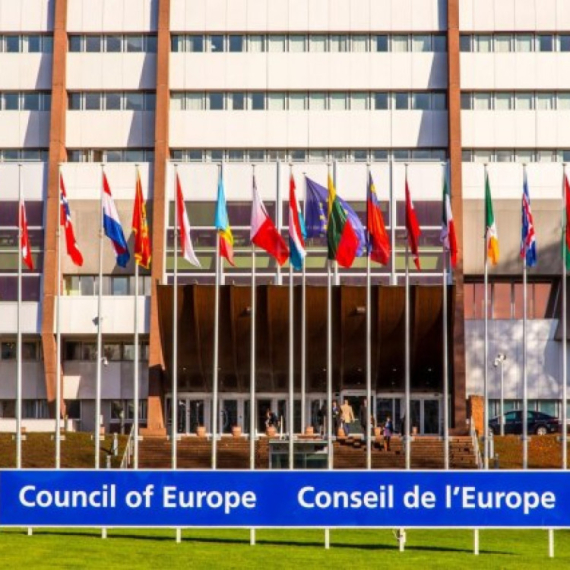

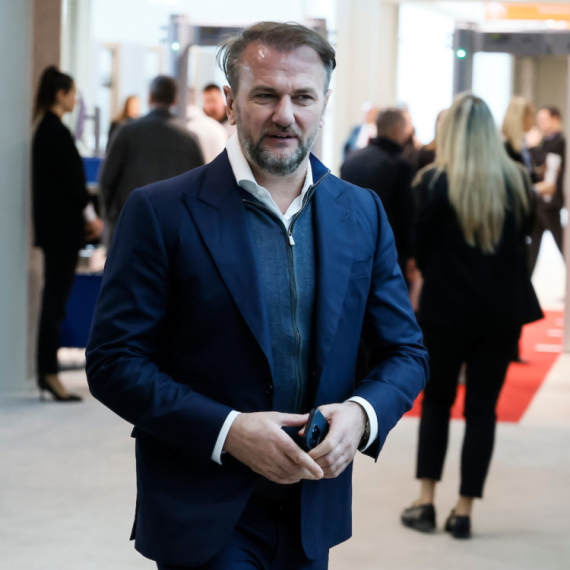

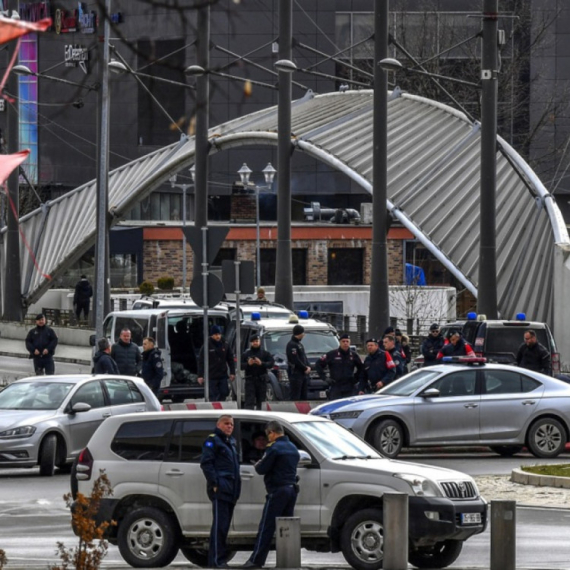

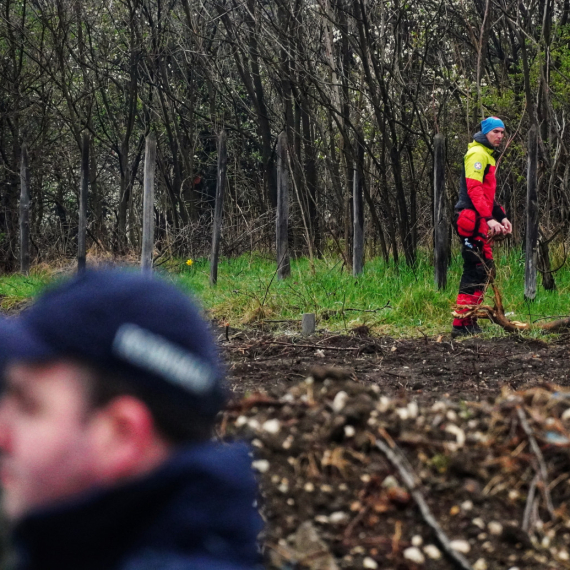


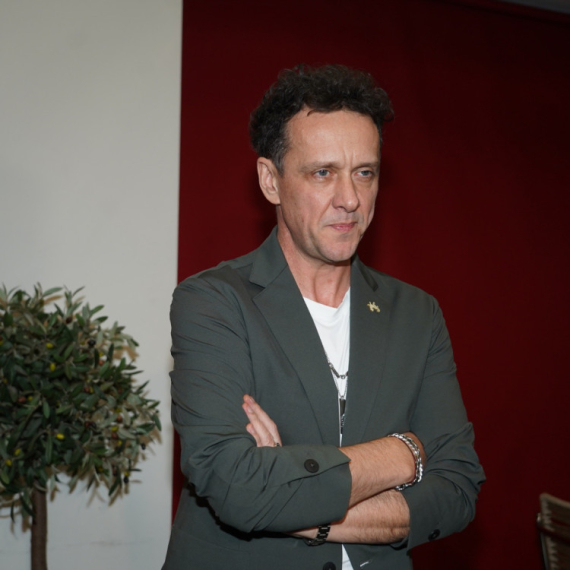





















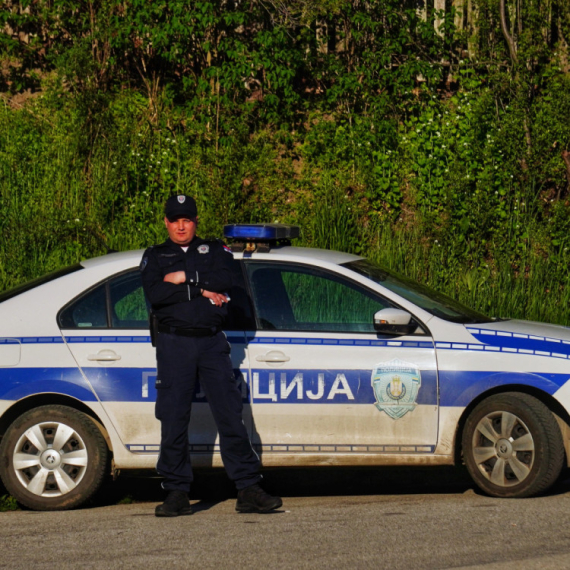















Komentari 11
Pogledaj komentare